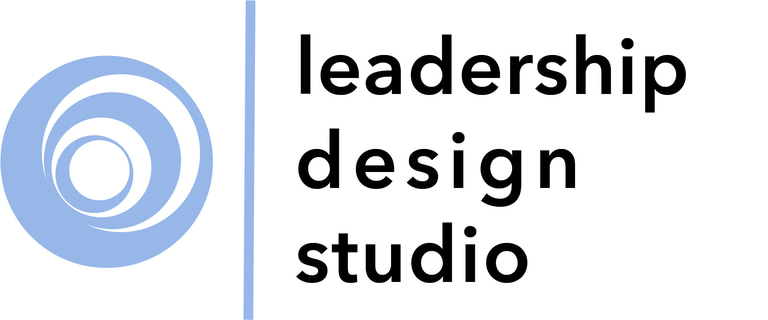
increase your capacity for learning
Experiential Learning Styles
In person or virtual
Facilitator to participant ratio 1:12
Used by millions across the globe, the Kolb Learning Styles Inventory (LSI) is a tool that helps individuals understand their unique approach to learning, leading and living.
Experiential Learning is a process of assimilating experience into concepts and accommodating concepts into experience. There is tension created between these two processes, and so by its very nature, learning is a tension and conflict filled process.
While we learn all the time, we do not learn in the same way. As a result of our unique set of experiences, we develop a preferred style of learning, the way in which we absorb, adopt and act on new information.
The Kolb Learning Styles Inventory (LSI) is a tool developed by David A. Kolb Ph.D. which describes 4 distinct learning style preferences that individuals have, based on their experiences, which influences their choices made in life and work. After participating in our Experiential Learning Styles program, participants will not only discover their own learning style, they will learn how to develop themselves in all four styles and how to better collaborate in groups with diverse styles.
Class size
4 hours
Format
Best for
Duration
Leaders at all levels
Employees and team members
Experience the source of learning and development
Participants in the Experiential Learning Styles program learn:
Understanding of each other learning styles offers another dimension for teams to connect and embrace the diversity of its members, leading to higher levels of collaboration and performance.
Informed by an extensive research base of more than 106,000 scholarly citations and continuous improvements through multiple versions, the Kolb LSI gives a broad and personalized view of how each person learns.
Millions of users in over 100 countries around the world have worked with the Kolb LSI, from students to employees across a wide range of occupations and educational backgrounds.
Becoming aware of learning styles and how to stretch in them has a positive affect on individual’s capabilities for problem solving, teamwork, handling conflict and communication. The results can help teams find out why they work well together or encounter conflict.
Possibilities of one on one coaching or mentorship, beyond the program delivery are also available.
People spend their entire lives learning, but few understand how their choices, decisions and performance are influenced by the way in which they learn. When you consider that learning is the major process by which one navigates life, learning how to do this well becomes an essential condition to reaching one’s full potential.
The Experiential Learning Styles program, using the insights and research from the Kolb Learning Styles Inventory (LSI), will help participants understand the cycle of learning. They will also build awareness of their unique way of learning, based on four distinct styles: Diverging, Assimilating, Converging, Accommodating and to use these insights to improve their capacity for learning.
The program describes the strengths in each learning style and how they influence learning in everyday life. Participants will be able to apply the information and insights to not only increase their learning capacity, but to become more effective in decision-making, working as a team, resolving conflict and communicating with others.
To understand the learning process, discover their own learning style and others’ learning styles.
To assess their leaning strengths and weaknesses and to set learning goals that promote self-development and growth both during and outside the session.
To maximize their learning from educational programs and developing new skills and competencies.
To practice stretching their styles, in order to add to their strengths.
To heighten their awareness of their particular contributions to organizational problem solving and to appreciate their difference from others.
To understand the possible problems and synergies that could result from combinations of different learning styles.
To explore issues of team effectiveness by promoting a non-judgemental method for identifying learning differences.
To match people with different but complementary learning styles to enhance performance.
To gain awareness of learning styles differences as a potential source of conflict and set personal goals to manage conflict more effectively.
To improve personal and professional relationships, with a deeper of understanding of the diversity in peoples’ learning preferences.


Why choose our Experiential Learning Styles program?
What is included
Program facilitation
Participant workbooks and toolkit
Possibilities of one on one coaching beyond the program delivery is also available


